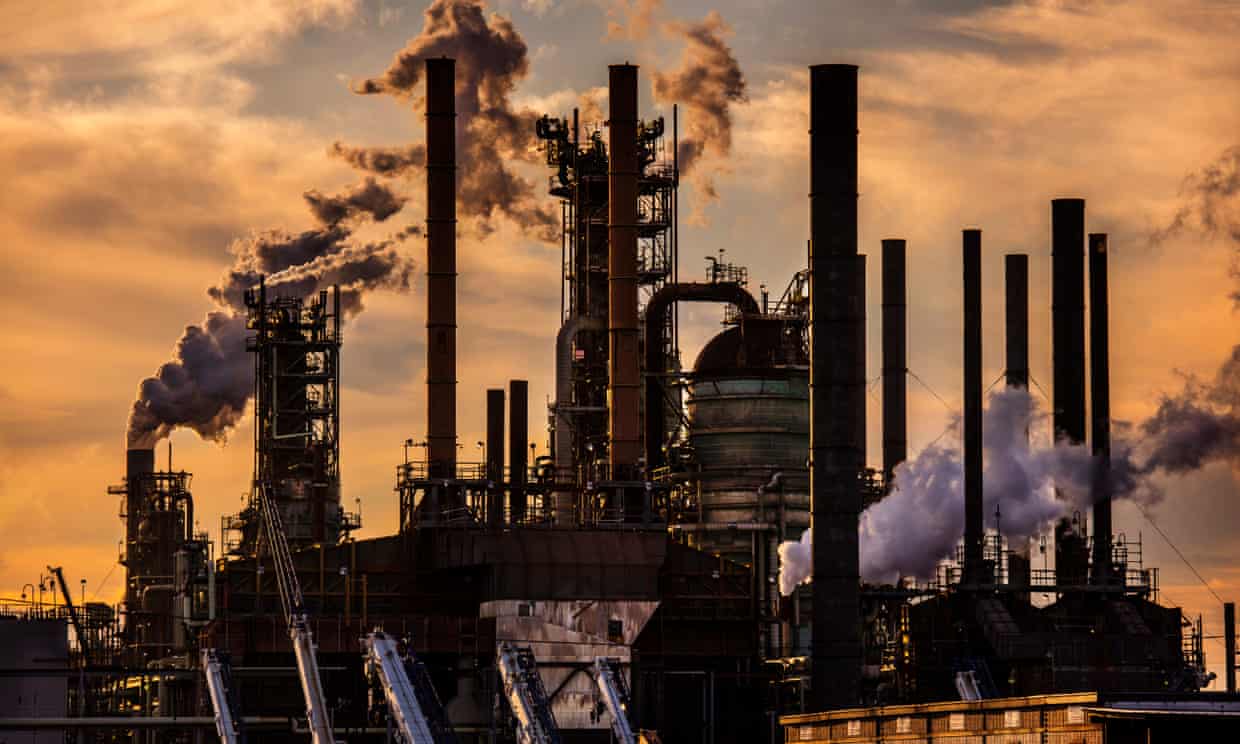Sign up to receive our weekly newsletter
Russia’s war on Ukraine is an epoch-changing event that poses sweeping challenges, and opportunities, for climate reporting. Suddenly the only existential threat that matches climate change, nuclear war, has reemerged as a clear and present danger. A global recession threatens as fossil fuels, still the lifeblood of the world economy despite spectacular recent gains by solar and wind energy, appear scarce, driving prices higher and inviting political demagoguery. After decades of oil companies’ climate lies, the latest harrowing IPCC report gets almost overlooked as war crimes and mass resistance in Ukraine command the attention of newsrooms and news consumers alike.
This is a fast-moving story with earth-shaking implications, and getting it right will demand great care, courage, and clarity from news organizations. To help journalists think through the issues at hand, hear how to avoid being spun by special interests, and discuss what kind of coverage will best serve our audiences, Covering Climate Now is hosting a Talking Shop webinar on Wednesday, March 16. Panelists include BloombergNEF’s Nathaniel Bullard, The Intercept’s Naomi Klein, and the Los Angeles Times’ Sammy Roth. (RSVP for this journalists-only event here.)
A key starting point is an observation Roth made in a recent column headlined, “Ukraine is a climate story. Because every story is a climate story.” So when Russia invaded, Roth wrote a piece about the war’s climate implications. He followed up in his weekly newsletter “Boiling Point” by puncturing fossil fuel lobby assertions that countering Putin’s aggression requires boosting US oil production. Such a boost, he wrote, “would lock in dependence on fossil fuels that humanity can’t afford” if it wants to survive climate change.
Klein pointed out in The Intercept that bad actors exploiting military or economic crises and their attendant human suffering is nothing new. The danger today, she argued, is that soaring energy prices can make some of the fossil fuel industry’s most “planet-torching” projects potentially profitable again. Yet Germany’s cancellation of the Nord Stream 2 gas pipeline from Russia also reminds us, she added, that human beings can choose ethics over exploitation: “If Germany can abandon an $11 billion pipeline because it’s suddenly seen as immoral (it always was), then all fossil fuel infrastructure that violates our right to a stable climate should also be up for debate.”
We may be entering one of history’s inflection points, when the choices made will either send humanity further down the path of fossil fuels and climate chaos or open a new era of climate realism where, as US president Joe Biden declared on Tuesday, clean energy “is the goal we should be racing toward.”
The world made a similarly dramatic shift not so long ago, Bullard pointed out in a recent Bloomberg column. The oil price shocks of the 1970s led major economies to slash their dependence on oil; within 15 years, they cut it by half. Today, Bullard argued, similar urgency “must be channeled … into the most substantial changes possible. That is, a deep decarbonisation of everything — industrial metals production, chemicals production, fertilizer production, heating and cooling, and long-distance and heavy transport in the air and at sea. Everything.”
Roth, Klein, Bullard, and CCNow executive director Mark Hertsgaard will deepen this discussion at next Wednesday’s Talking Shop. Please join us.
More From Us
CCNow Q&A. Each month, CCNow speaks with a different journalist about their experiences on the climate beat. For our latest, we spoke with John Mecklin, editor in chief of the Bulletin of the Atomic Scientists. At a time when Russia is threatening nuclear attacks, against a background of ongoing climate change, Mecklin spoke to us about making existential issues accessible to audiences. Read it here…
Talking shop. #ICYMI, journalists are invited to join us at 1 pm US Eastern Time on March 16 to discuss the sweeping challenges and opportunities for climate reporting. Panelists include Nathaniel Bullard, Chief Content Officer, BloombergNEF; Naomi Klein, Senior Correspondent, The Intercept; and Sammy Roth, Energy Reporter, Los Angeles Times. RSVP.
Noteworthy Stories
Record emissions, again. Last year, greenhouse gas emissions reached their highest level ever, driven most significantly by China’s increased reliance on coal-powered electricity, according to the International Energy Agency. By Louise Boyle at The Independent…
Tipping point. A new scientific study has found that the Amazon rainforest — one of humanity’s greatest buffers against climate change due to the carbon it absorbs and stores — is losing its ability to recover from disturbances including deforestation and more frequent droughts. By Chris A. Bolton, Timothy M. Lenton, and Niklas Boers in Nature Climate Change…
Two-faced. CEO Larry Fink recently said that BlackRock, the world’s largest asset manager, would put sustainability at the heart of its investment decisions. But emails suggest that BlackRock executives told a different story when talking to a Texas oil and gas regulator. By Josephine Moulds at The Bureau of Investigative Journalism…
Mapping risk. A new map shows areas in the US where animals and plants are at high risk of extinction. It also indicates how far the Biden administration needs to go to achieve its goal to conserve and restore 30% of US lands and waters. By Catrin Einhorn and Nadja Popovich at The New York Times…
Overcoming despair. While news on the climate front is often grim, taking individual or collective action not only can help people feel better, it can bring genuine change. By Thomas S. Bateman and Michael E Mann at Fast Company…
Cities. A lead author on the latest UN climate report pulls out key takeaways for cities, settlements, and key infrastructure as well as how urban areas can build climate resilience. By Timon McPhearson at the Urban Systems Lab…
Florida. The latest UN climate report cites the Sunshine State several times on issues including its vulnerability to flooding due to sea level rise. Columnist Fred Grimm holds the state’s leadership to account in an op-ed in the Sun Sentinel via The Invading Sea…
REPUBLICATION RECOMMENDATIONS
The following stories deserve special consideration for republication by CCNow partners:
- Canadian Pipeline Groups Spend Big to Pose as Indigenous Champions and How Oil Companies Rebranded Deceptive Climate Ads as ‘Free Speech’ – From the Guardian’s & CCNow’s “Climate Crimes” series
- The Sixth Mass Extinction Is Happening Now, and It Doesn’t Look Good for Us – 360 info
For partner outlets: to submit stories for sharing, please use this form. As always, instructions for republishing and the full list of stories available for republication can be found in our Sharing Library.
Odds & Ends
Undercovered. Last week’s UN climate report got little pickup on TV, still the news source most Americans rely upon. Media Matters notes that “national TV news missed a key opportunity both to discuss the [IPCC] report on its own merits and to provide further context on the climate and energy aspects of the crisis in Ukraine.” Read more.
Virtual coffee. The Pulitzer Center is holding a meet and greet to provide East African journalists and correspondents the opportunity to learn how to create a successful pitch to help fund your dream project. March 17. Learn more.
Jobs. The New York Times is hiring a climate graphics editor. High Country News is looking for an Alaska-based staff writer. Mississippi River Basin Ag & Water Desk is hiring a part-time assistant director.
If you have any feedback on this newsletter, or know of information that should be included here, shoot us a note at editors@coveringclimatenow.org

